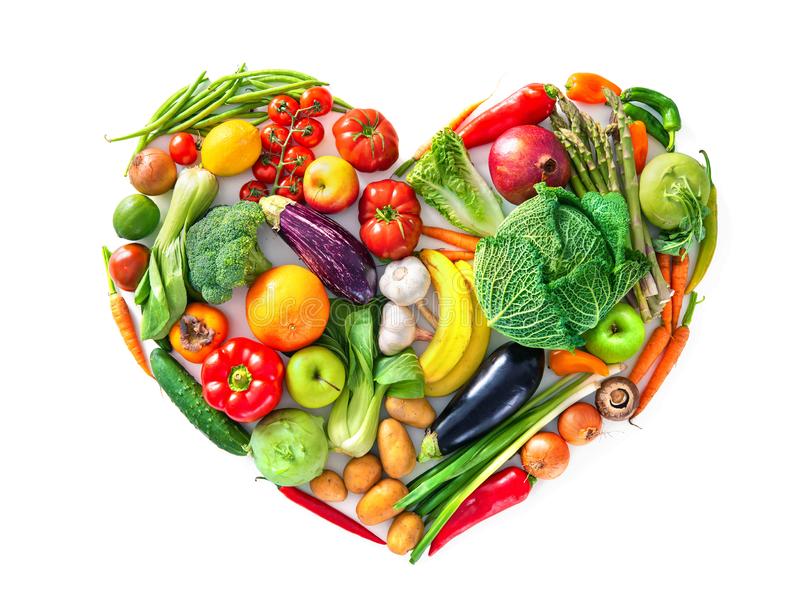
We must learn kitchen chemistry while cooking. Someone has rightly said that “Good health starts from the Kitchen”. Whenever we apply heat, cold and even cut foods, their compositions keep changing.
Heating, boiling, freezing, mixing, smashing, blending, etc. are all varied processes which we perform daily in our kitchen. Kitchens are filled with various chemicals that react with each other to form new components while adding different textures, tastes, smells, use of utensils, vessels for cooking and for food storage.
The right vessels, utensils, right plates and glasses can make all the difference to our skin, immunity and even our digestion.
https://sparklinglifestyle.in/elementor-15980/
First, we need to understand what kind of vessels should not be used for various purposes and what kind of reaction will come from it.
- For Water Storage and Daily utensils: Avoid Plastic containers as it contains a group of chemicals called xenoestrogen, body confuses these with estrogen and leads to hormonal imbalance, especially in women. This becomes very important if you are suffering from PCOD, adult acne.
- Vessels for Cooking: Do not use Aluminum and Non-stick vessels for cooking.
Aluminum: It enters the body through the food and replaces zinc which is important for insulin sensitivity and to maintain hormonal balance as well as brain health. Once it is inside the body, aluminum will neutralize digestive enzymes, increasing the risk of ulcers. If present in excessive amounts, it can even lead to Alzheimer disease. Avoid using aluminum foils too.
Non-stick vessels: They are Teflon coated and with a small scratch on the vessel, toxic Teflon molecules enter our food. Teflon coating contains PFOA ( Perfluorooctanoic Acid) & PTEF (Polytetrafluoroethylene). Both PFOA and PTEF are directly linked to a variety of dangerous health conditions such as Thyroid disorders, CKD ( Chronic Kidney Disease), Liver cirrhosis, Infertility, Cancer, etc.
- Heating Food: Don’t use a microwave for heating food. Microwaving is harmful for the micronutrients in the food as it quickly heats them at extremely high temperatures where their bonds break and their oxidation occurs and become toxic for the body.
- Avoid Packaged Curd, Butter and Buttermilk: Packaged foods does not contain growth of friendly bacteria, Lactobacillus. Packaged butter and buttermilk contains added preservatives.
Fitness related diet starts from the kitchen itself. Kitchen is the place from where health, harmony and happiness originates. We discussed earlier why we should avoid plastic, aluminum, non-stick vessels and microwave ovens. Now the question arises, “Is there any alternative option to these?”. The answer is “Yes”. Let’s discuss the alternatives.
- Use cloth bags instead of plastic bags to shop for vegetables and fruits. Avoid use of plastic tiffin boxes, instead use a steel tiffin box and malmal cloth for wrapping rotis,etc.
- Use silver vessels for water storage because silver ions enter water and they have antibacterial and anti-viral properties.
- Use earthen pots, glass and steel as they are neutral materials.
- Use copper water bottles instead of plastic water bottles. Copper releases some ions in the water. Copper has antimicrobial, anti-inflammatory, anti-carcinogenic and anti-oxidant properties.
- Use Iron vessel- Kadhai because iron ions enter the food which helps in improving hemoglobin levels, better oxygen and nutrient delivery to the cells of the body. Other options for cooking are using copper, steel, brass (pittal) or earthen pots.
- For reheating food, use a gas stove on low flame.
- Homeset curd and home made ghee, buttermilk contains a live culture of gut friendly bacteria that improves gut health.
The conclusion is that micronutrients deficiencies don’t always need an expensive supplement but they just need an inexpensive change in the kitchen environment.
As well as, we should gain knowledge about kitchen chemistry and try to apply in our kitchen.
I hope that this article has given you some information about “Kitchen Chemistry” and you find it useful in your day to day life.
If you liked the article, leave your feedback and share it with your family and friends so that they too can get benefits from it. Do stay tuned with us for more such interesting updates.



Leave a Comment